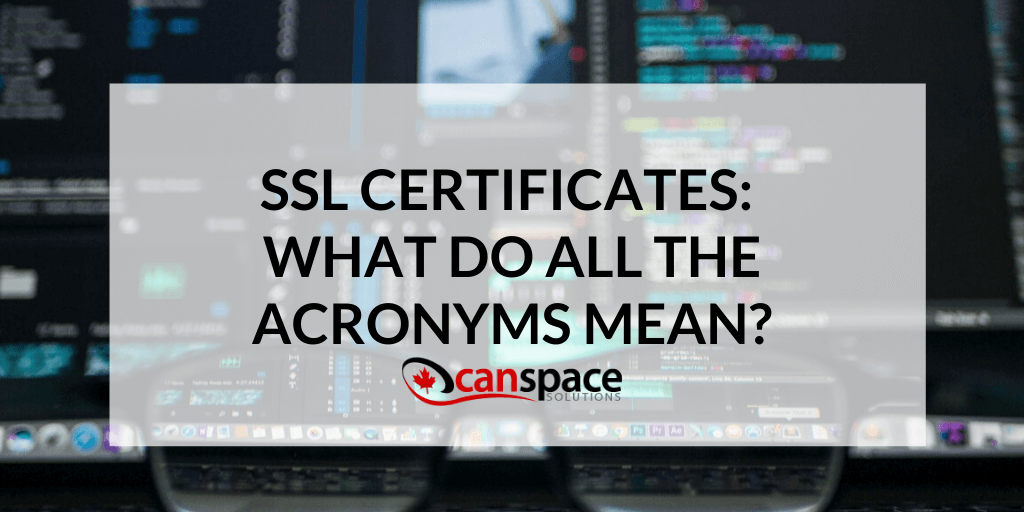If you’ve encountered some info on SSL certificates before and seen a slew of acronyms like OV, EV, and DV, you might have been confused about what these actually mean. Aren’t all SSL certificates the same?! We’re here to clear up some of the confusion about differences between these types of SSL certificates.
First of all, all SSL certificates add an extra level of security for your website by establishing an encrypted connection between the server and the visitor’s browser. But, there’s nothing to stop a dubious website to get an SSL certificate and put visitors at ease, only to steal their data. The differences in SSL certificates come from how much due diligence is done on the party requesting the certificate for their site.
DV Certificates
The most popular kind of certificate, Domain Validated (DV) certificates only ensure that the owner of the domain name is who they say they are. This is done one of two ways: either a confirmation email is sent to the registered owner on the WHOIS certificate, or the verifying party provides a file that the owner uploads to his site to prove he or she has the appropriate privileges.
OV Certificates
Organization validated (OV) certificates go a step beyond DV. OV certificates actually validate the legal status of the entity requesting the certificate. This comes with the side benefit of actually displaying the name of your company inside the certificate itself.
Typically, the organization needs to submit proof that it is listed in a respectable registry of businesses operating in the geographical location it claims to be in, such as the Better Business Bureau or a provincial business corporation registry.

EV Certificates
Extended validation (EV) certificates are the most secure and provide the greatest amount of trust for visitors. Sites that have an EV SSL certificate display it proudly: they have a green browser address bar that also lists the name of the website owner and the Certificate Authority issuing the verification. Different certificate authorities have different requirements for paperwork that needs to be submitted by the applicant, but the process is always more rigorous than that for OV certificates.
Wildcard Certificates
Wildcard certificates are not another level of verification, but rather a practical solution to a problem of websites with subdomains. By using an asterisk and a period before the domain name, a wildcard SSL certificate can cover all the subdomains you may have on your site.
A Range of Options
At CanSpace Solutions, Canada’s leading web hosting provider, all our shared hosting services come with SSL certificates. Our basic hosting packages come with Let’s Encrypt, while the mid-level and professional plans use Comodo, a more trusted certificate.
Let’s Encrypt is a nonprofit service created by the Internet Security Research Group to promote web security by bringing down the cost of SSL certificates. Because Let’s Encrypt is so straightforward, it’s actually easier to implement than some other certificates.
Our higher level plans come with Comodo, which is a full-featured, traditional SSL certificate. In addition to being generally better regarded than other options, Comodo also has some extra flexibility that those with more robust websites might appreciate.
Visit our SSL and HTTPS knowledge base page to find out more, and feel free to contact us with any questions!











